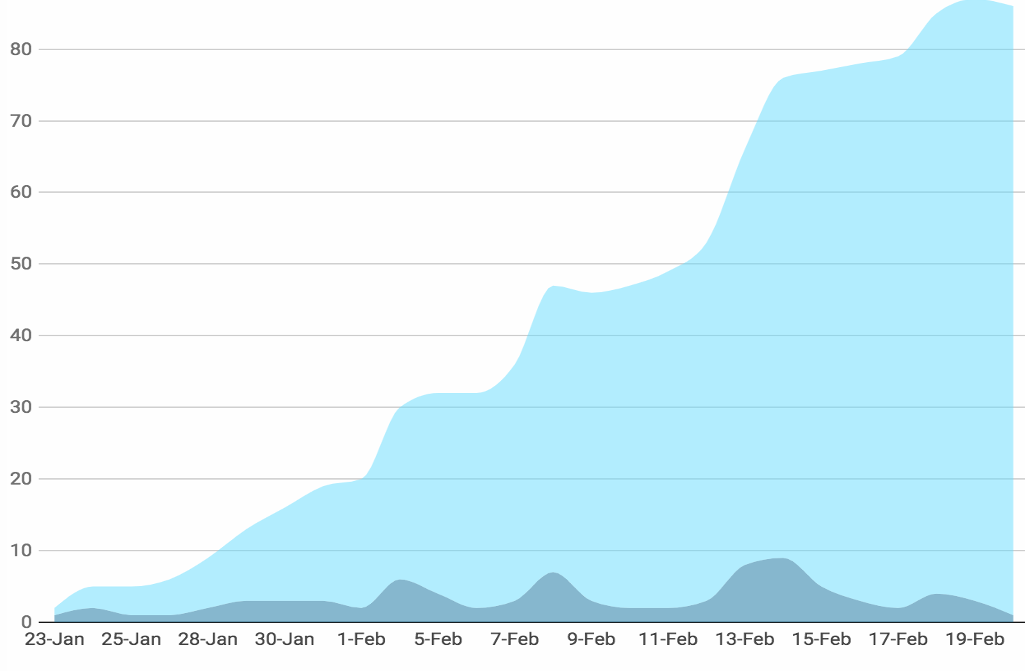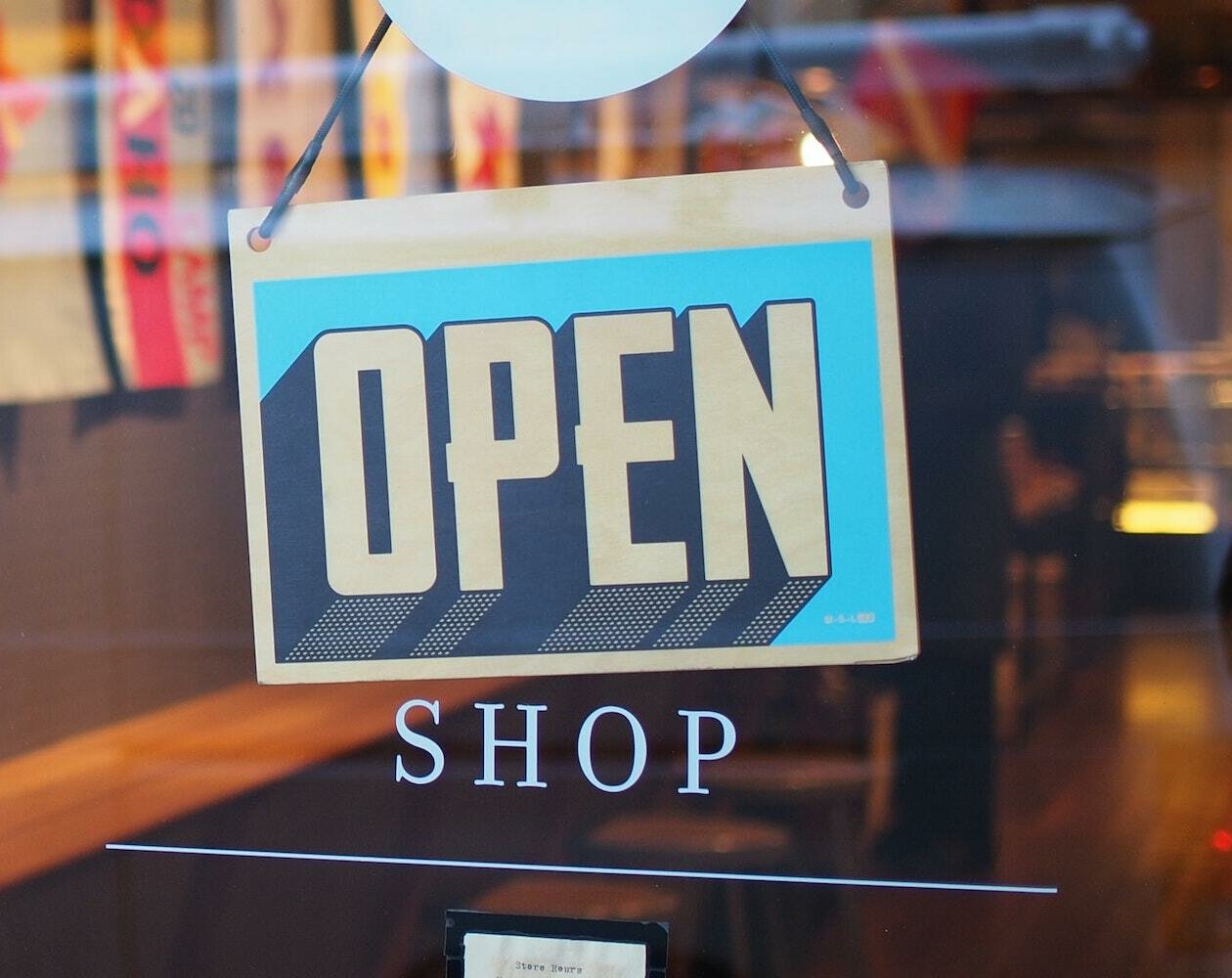blog
Impact of Coronavirus on Business in Singapore
By Siddhant Chaudhary Digital transformation March 3, 2020

The coronavirus outbreak has affected many countries in the world. Singapore has one of the highest number of coronavirus cases outside of China. The number of cases has been rising in the last two months.

This has a significant impact on the business in Singapore. Before the virus outbreak, the GDP growth rate for Singapore was estimated to be 1% – 2%. But now both the Ministry of Trade and Industry and economists have downgraded the forecast for 2020. The Ministry of Trade and Industry (MTI) downgraded its economic growth forecast to be in the range of -0.5% to 1.5%. DBS Bank cut its forecast from 1.4% to 0.9%. Singapore’s economy had been doing well in the last quarter of 2019 with 1% growth year-over-year in the fourth quarter of last year improving upon the estimate of 0.8% but Covid-19 has put a dampener on this.
Effect on Business in Singapore
Different business in Singapore are expected to be affected by the virus –
Tourism
The tourism and transport sectors have already seen a negative effect. There is a fall in the number of tourists, especially from China. Business has plummeted for hotels, travel agents, cruise operators and airline companies. Keith Tan, chief executive of Singapore Tourism Board, said that Singapore is losing 18,000 to 20,000 tourists a day. If the situation persists, Singapore could see a 25% to 30% decline in tourist arrivals and spending this year. In 2018, 3.4 million visitors were from mainland China. Chinese visitors spend proportionally more on shopping and dining out. The implications of restricting tourists will definitely affect Singapore tourism.
Semiconductor Industry
According to an IDC report, the semiconductor market is poised to face significant repercussions from the COVID-19 virus. The report suggests that the global semiconductor market is expected to incur a substantial impact, estimated at $25.8 billion.
Manufacturing Industry
China is a major export market for Singapore. With business being down in China, Singapore can face a trade deficit. Factory closures in China have disrupted supply chains in Singapore. Many companies in Singapore employ workers from China. The outbreak of the disease and restriction on travel lead to manpower shortage, and work delays.
Domestic Consumption
Domestic consumption might decline as consumer spending is expected to reduce. People will be more cautious in their daily lives and cut down on shopping, dining, etc. This will adversely affect the retail industry and food and beverage industry.
Prime Minister Urges Country To Be United In Adversity
The Prime Minister of Singapore, Lee Hsien Loong said that the coronavirus outbreak will have serious repercussions on Singapore’s economy for the next two years. He said that its effect has exceeded that of the effect SARS had on Singapore. But he believes that Singapore is much better prepared to deal with the coronavirus because of its experience tackling SARS, 17 years ago. He stressed that doctors and nurses are better trained. Singapore has an adequate stock of masks and other protective equipment along with expanded and upgraded medical and research facilities. He believes that the country can overcome this adversity with Singaporeans staying united, calm and resolute. They should take sensible precautions, help one another and carry on with their lives.
Measures To Reduce Virus Outbreak Impact
The Singapore government is known for its efficiency and effective management. There are various measures taken to cushion the impact of the outbreak.
Economic Measures
Deputy Prime Minister Heng Swee Keat announced various measures to stabilise the country’s economy –
- An amount of around $6 billion has been set aside in the budget to support business in Singapore, workers and families affected by this crisis.
- A package of $4 billion will be rolled out so that companies have their cash flow in place and can keep workers in jobs.
- A “Care and Support Package” has been announced with a one-off cash payout ranging from $100 to $300 for all Singaporeans aged 21 and above.
- The Ministry of Health will get funds to support front-line agencies fighting the outbreak.
- A jobs support scheme has been announced. It will offset 8% of every employed local worker’s wages for three months, capped at $3,600 a month to reduce the stress of cash outgo for companies.
- Companies will also receive corporate income tax rebate, up to 25% capped at $15,000. They will be allowed to borrow higher working capital loans to manage cash flow.
- The government will allow flexible rental payment plans to tenants and lessees of properties managed by government agencies.
Travel Measures
A number of control measures related to travel have been taken in the country –
- The Singaporean government has restricted entry for people coming from Mainland China to control the spread of the disease.
- Singapore citizens returning to their homeland are placed on a 14-day paid leave-of-absence starting from the day they arrive. This is over and above their annual leave entitlement.
- PRs and long-term pass holders returning from Mainland China in the preceding 14 days cannot enter Singapore nor can they transit through the country.
- People who have recently travelled to Hubei are quarantined.
Health and Hygiene Measures
The Ministry of Health, Singapore has issued advisories to prevent the spread of the disease –
- Healthcare sector personnel are advised to avoid contact with live animals including poultry and birds.
- It is recommended to refrain from consumption of raw and undercooked meats.
- Schools across the country are asked to adopt measures such as suspending school assemblies, staggering recesses and cancelling events which would involve large congregations.
- People are asked to observe personal hygiene, check their temperature regularly and avoid crowded places. A doctor’s visit is recommended if one is sick.
How Do Businesses In Singapore Ensure Business Continuity?
Enterprise Singapore, a government agency has drafted a Business Continuity Plan (BCP) along with other government agencies. It aims at encouraging businesses to continue their operations as much as possible with minimum disruption. It has suggested HR measures, operational measures and a plan of action to manage relations with external parties and communication Human Resources management measures include –
- Plan for the continuity of leadership if key decision makers are absent
- Flexible work arrangements
- Travel management such that employees do not visit vulnerable areas nor do people from vulnerable areas visit company premises.
- Review HR policies such as absenteeism, sick leave, overseas travel, recall of employees working abroad, etc.
Operational and Business measures include –
- Ask workers to take precautionary measures. Set up precautionary measures in workplaces. Workers can be given wearable devices to track their health
- Identify critical operations, critical employees and develop a plan to minimize disruptions.
- Workplace should be clean and sanitized to avoid the spread of the virus.
Communication And Working With Third Parties
- Discuss and establish BCPs with customers and key suppliers.
- Develop alternate plans to procure supplies and parts.
- Develop and execute a communication plan to disseminate messages to employees, customers, shareholders, investors, etc.
Incorporate these measures in your business plan for 2020 to be successful.
The country’s economy had been badly hit by the SARS outbreak in 2003. The government is trying to avoid a similar situation. Singapore’s disease outbreak response was stepped up one level to orange last week. The government has been proactive in taking measures to contain the outbreak and will revisit its strategy as the situation uncovers.


